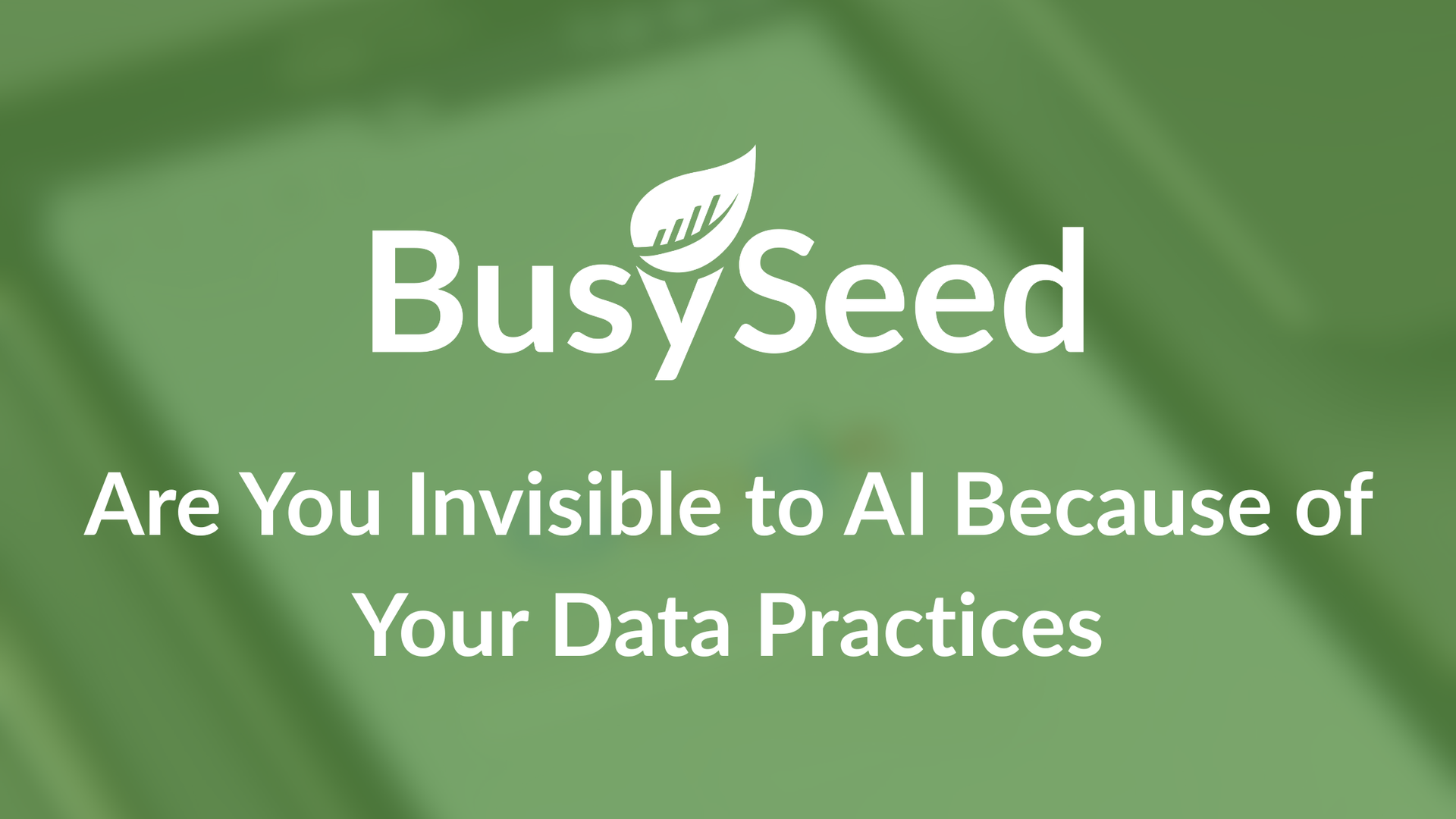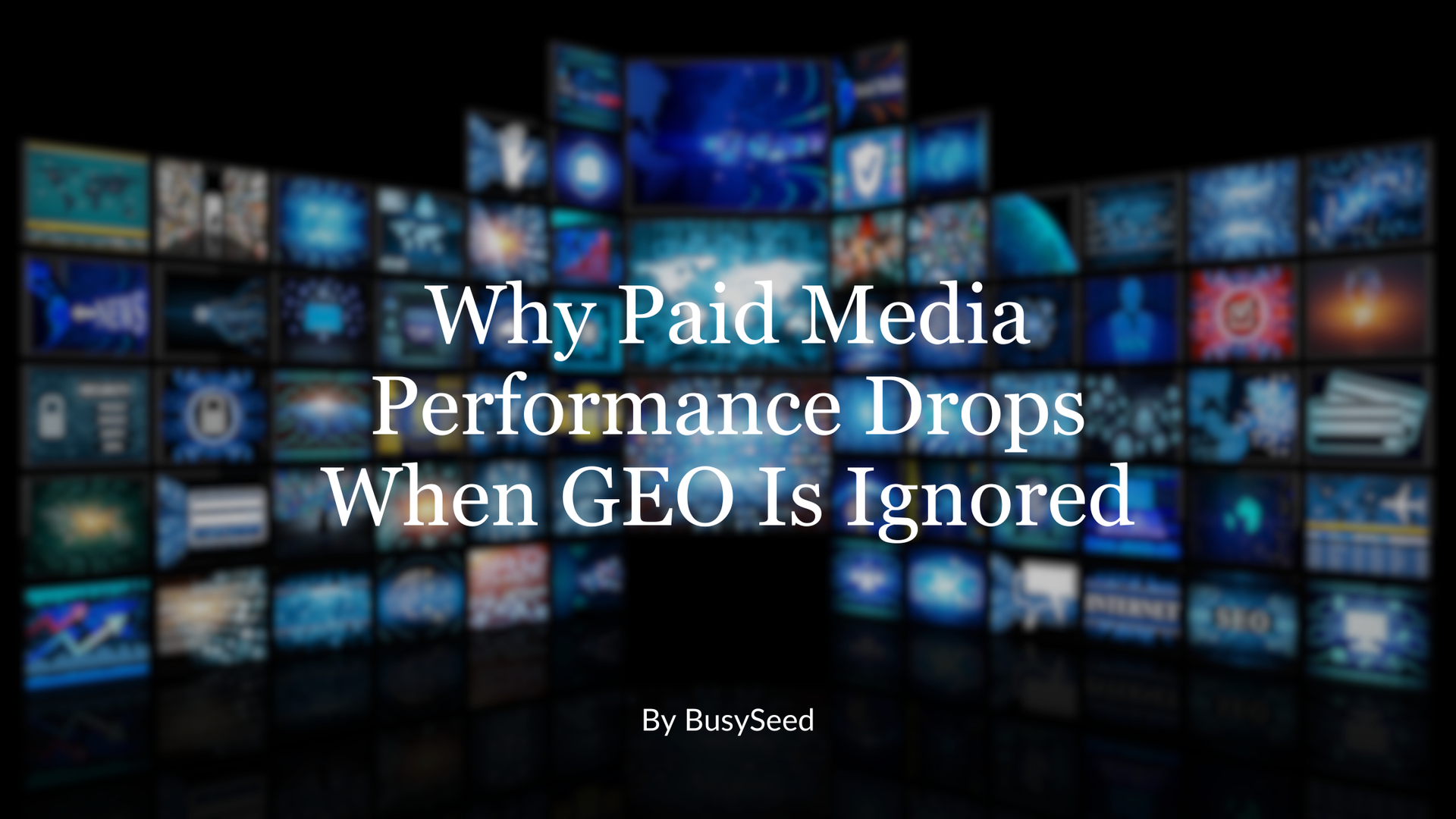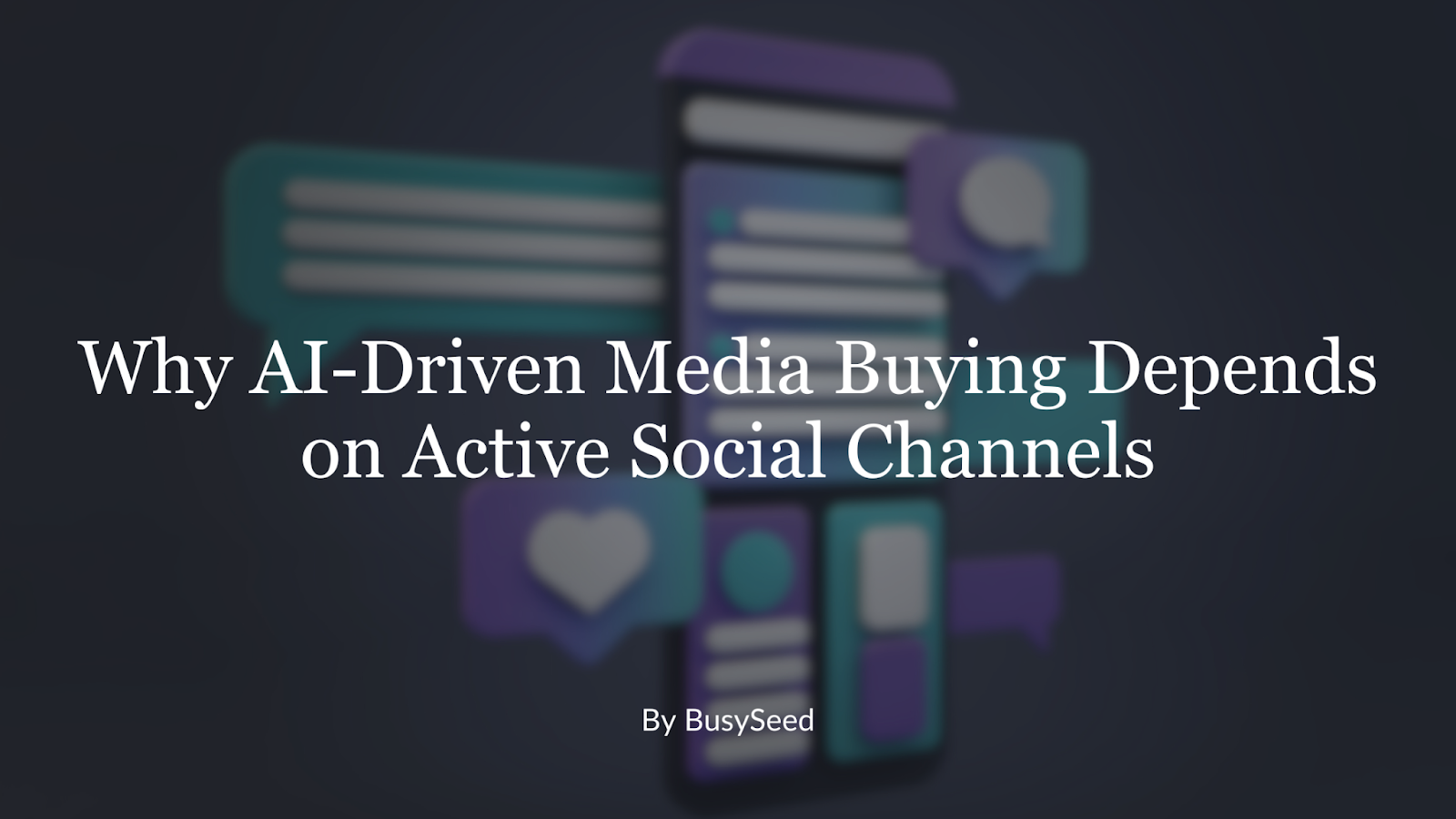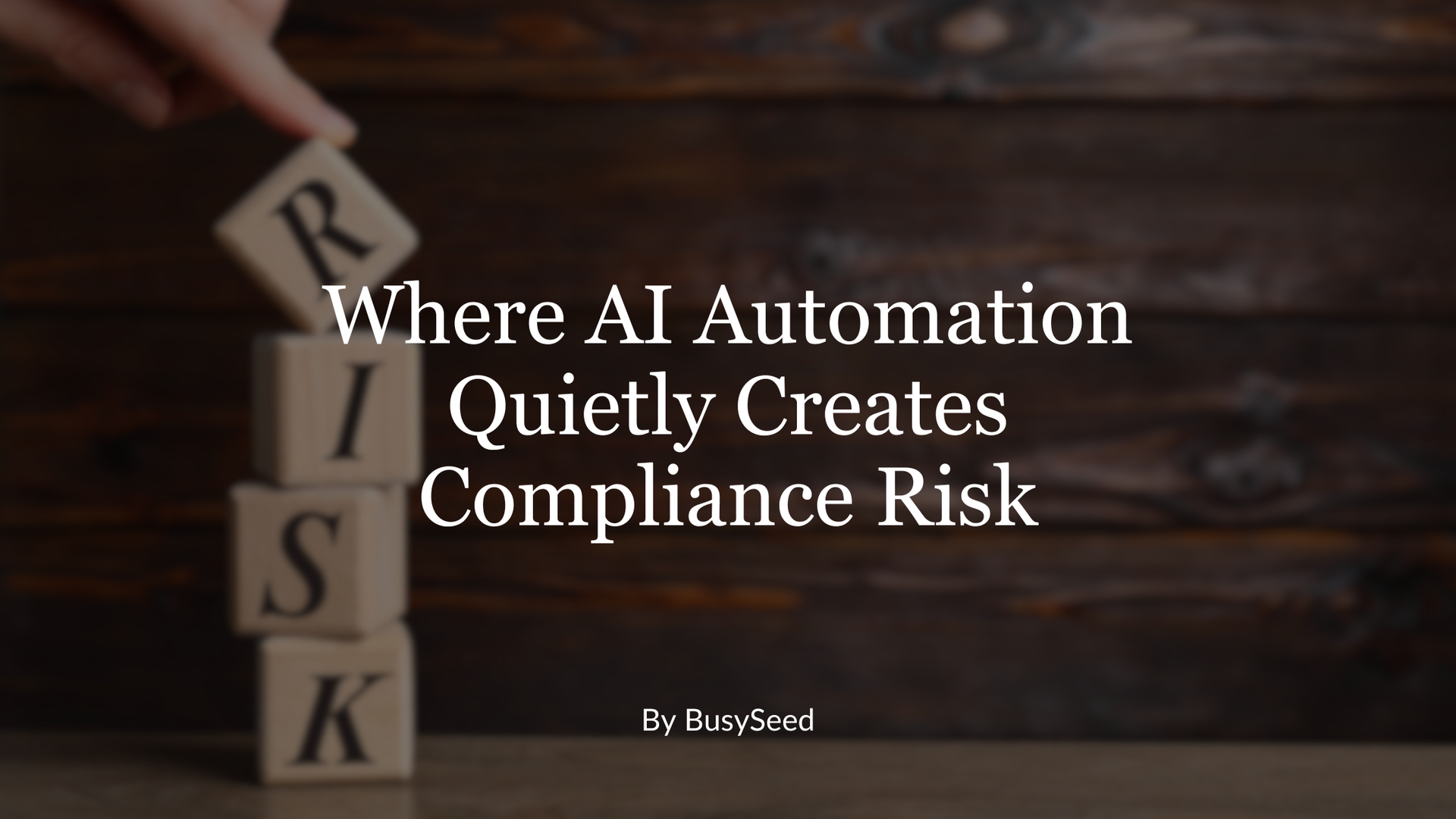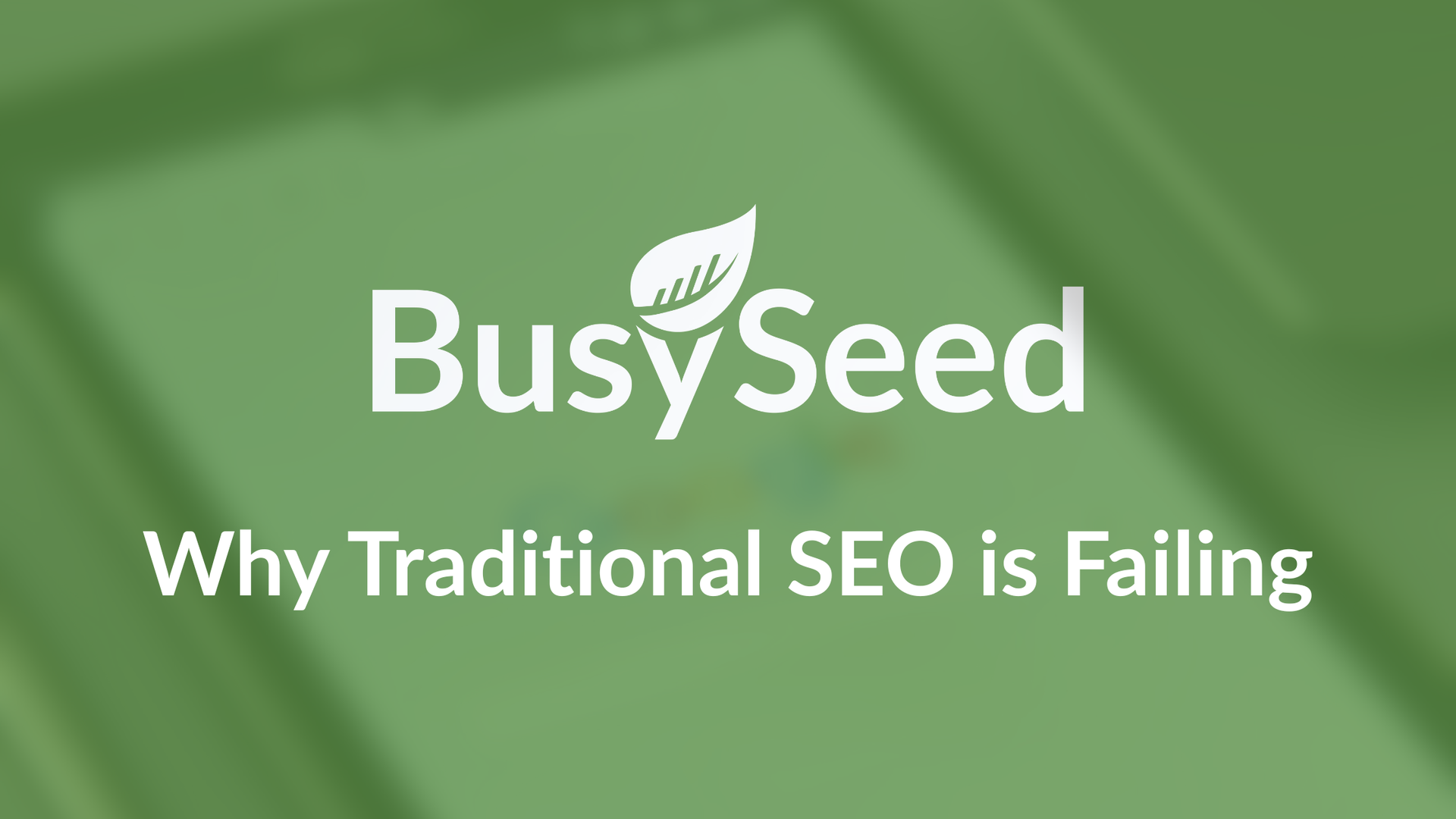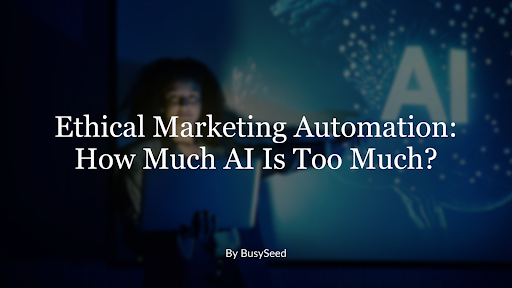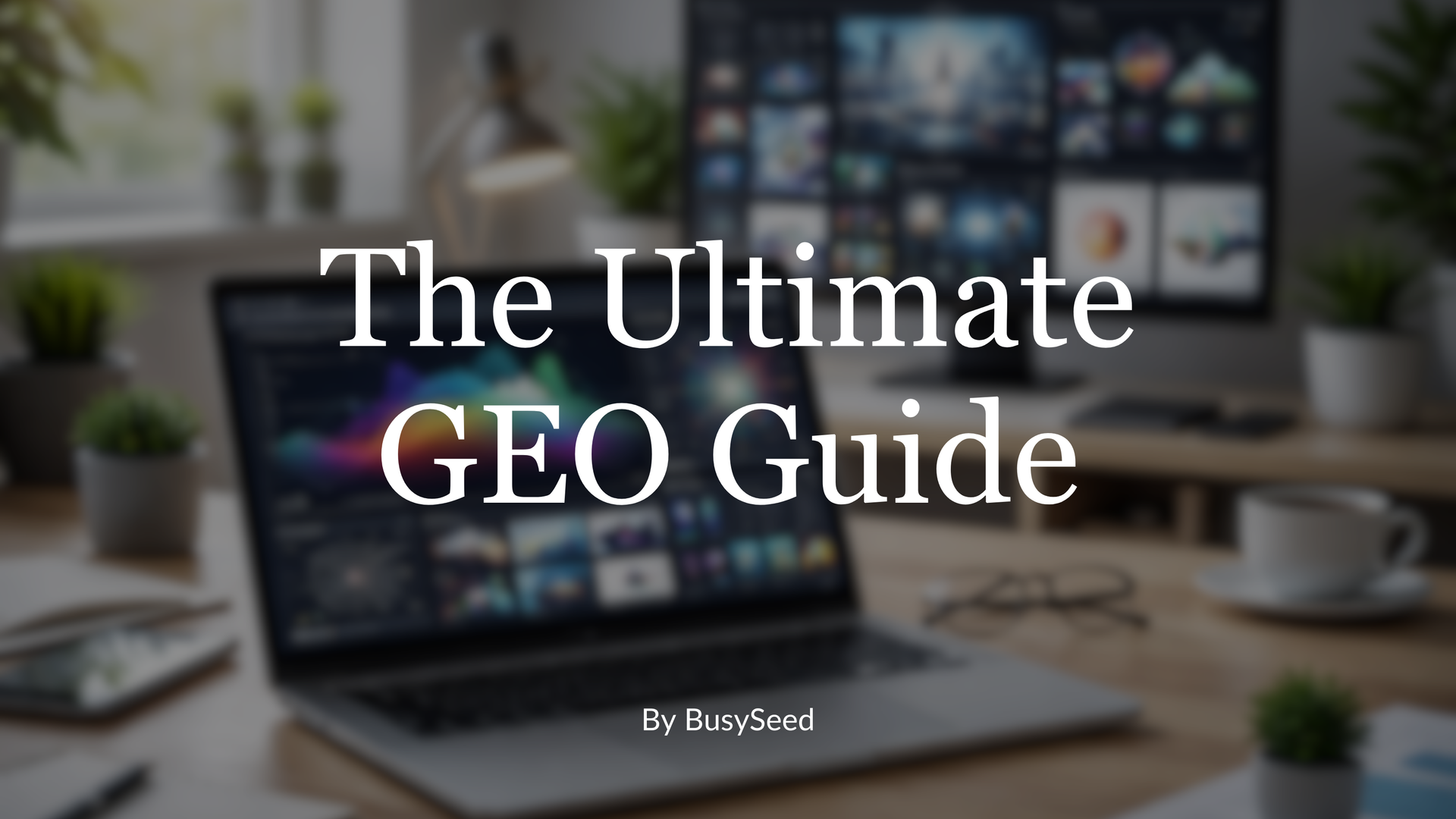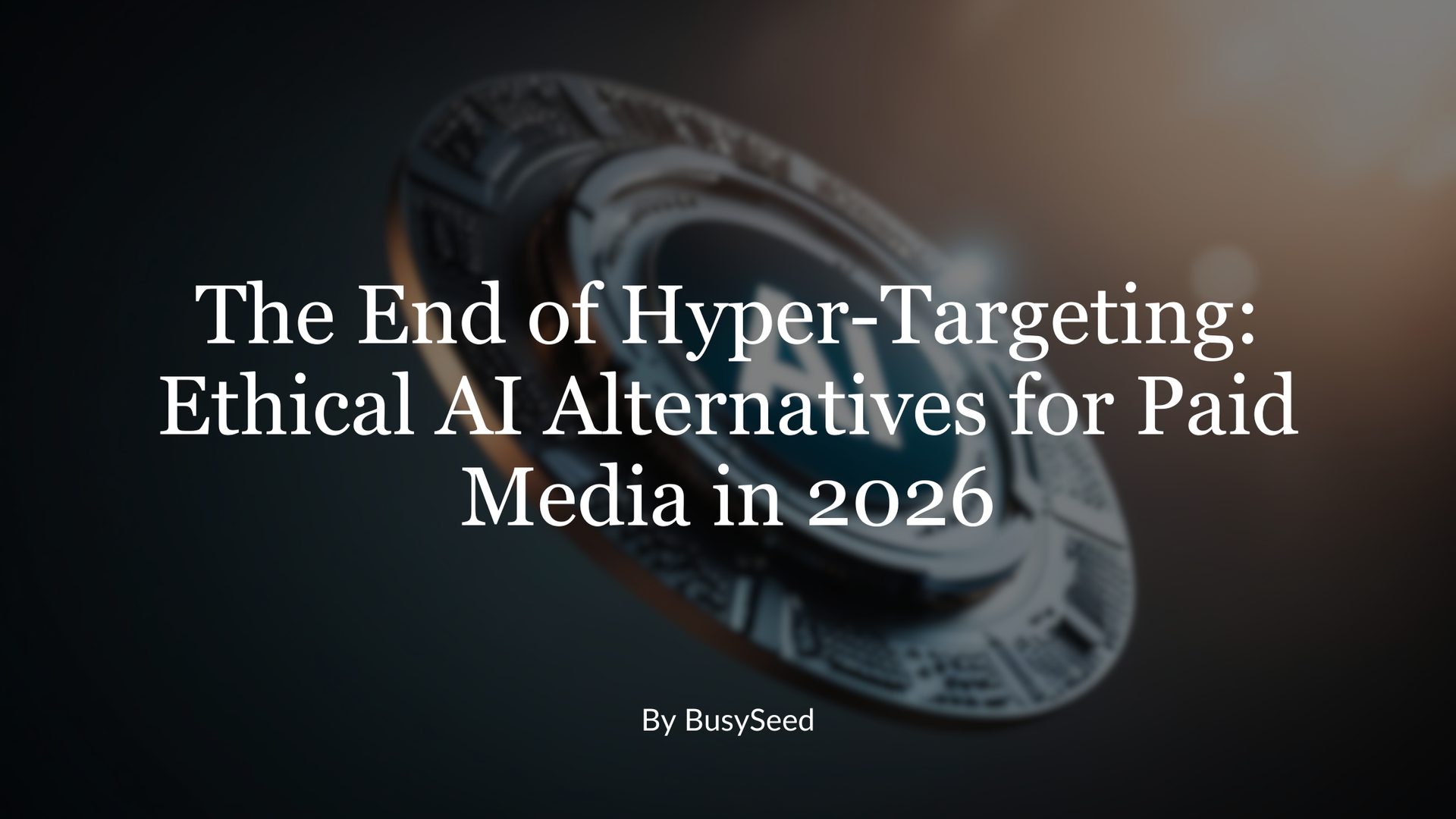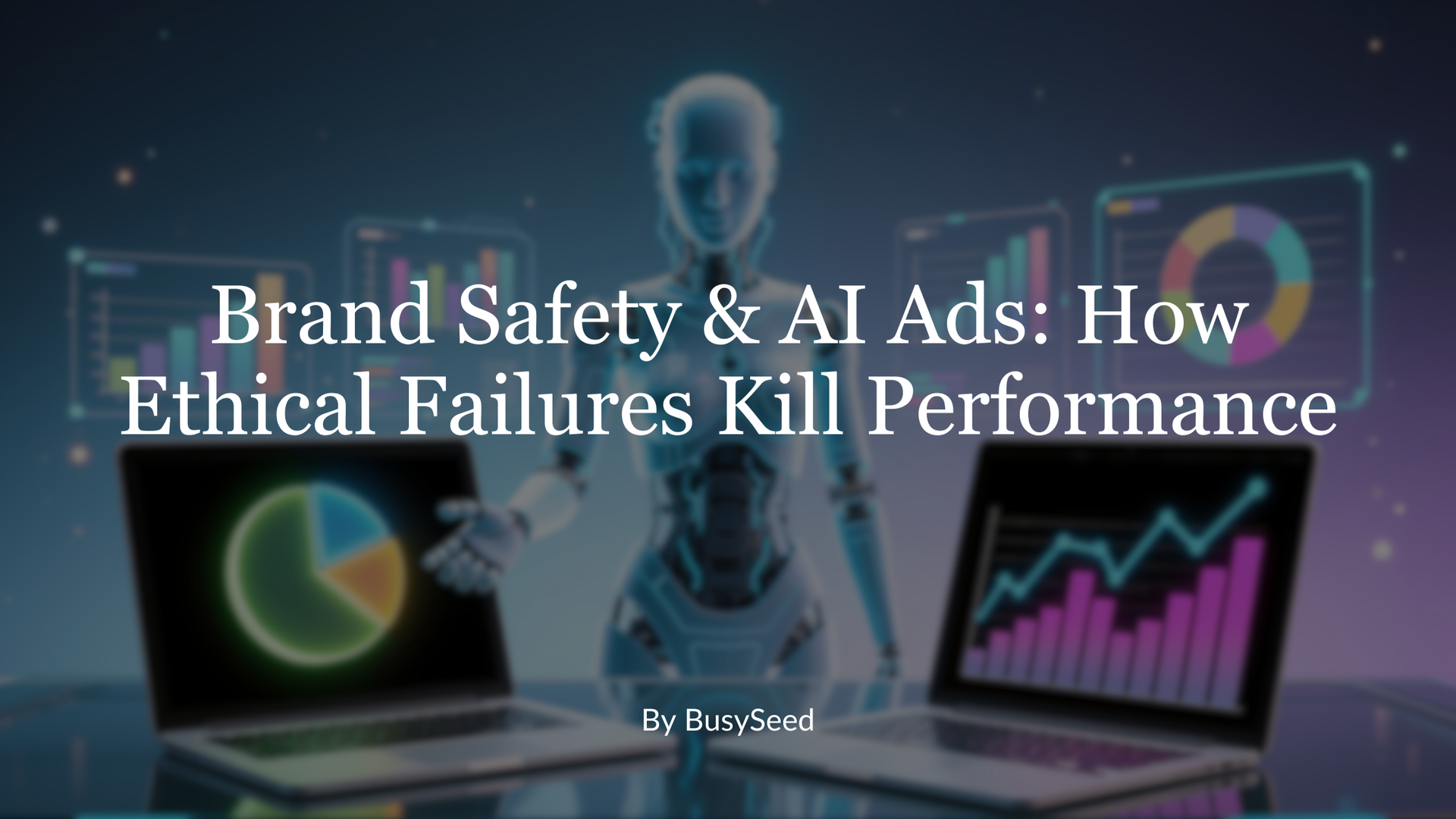Vero: How to do Business on a Business-Less Platform
Last month, there was a media coverage frenzy about the “new and business-less” social media platform Vero. The app has been compared to the likes of Instagram and Facebook but isn’t quite like either of the well-known networks.
But what exactly makes it so different from other social media platforms? Vero has promised to remain ad-free and refrain from data mining practices. They also promise not to use algorithms, so posts are presented chronologically according to post time. Instead of having to decide if your whole profile should be public or private, Vero allows you to share posts in three different groups: acquaintances, friends or close friends.
Ayman Hariri was inspired to create Vero when he noticed that his friends acted very different on social media platforms such as Facebook compared to in real life (Chan, 2018). Due to the unique post-specific privacy settings, Vero reflects real life interactions. That’s why it has been coined as “True Social.”
For a “business-less” social media platform, Vero has been able to do a lot in sales. During London Fashion Week 2016, Vero was the first app to work on a “see now, buy now” initiative. However, there are no exact figures on how much was sold that night (Cuffe & Wheatley, 2016). Vero also claims to be responsible for the sale of a vintage Aston Martin DB5, worth £825,000 ($1 million) in partnership with Coys, a UK auctioneer (Handley, 2017).
Apps like Vero claim to be ad-less, algorithm and data mining-free. So what does that mean for businesses? It may actually be a positive. Such platforms can be the push businesses need to think outside of the box. Internet users are slowly becoming overwhelmed and tired of ads on social media (Hutchinson, 2018). Clearly, it is imperative for brands and companies to find new and creative ways to reach out to consumers and keep them interested.
Even when not creating ads, the most important thing is to be where your consumers are. Take Vero for example, even though ads don’t exist, companies and brands are still able to create accounts and interact with their followers (Handley, 2017). This is especially important for brands that are targeting a young and hip customer base that is always online (Kingman, 2018).
Ad-less platforms like Vero pose as the perfect opportunity to test out influencer marketing if you haven’t done so already. Influencer marketing remains one of the strongest social media marketing trends across all platforms. Social media spending will reach over $17 billion within the next year (Hootsuite, 2016). But, the question becomes if such spending will even have an effect on the future consumer. Gen Z (born between the early 1990’s and mid-2000’s), will not react the same to “regular” advertisements like older generations might. 63% even prefer social media influencers over celebs (Evan, 2017). Targeting Gen Z should be taken seriously since they will account for almost 25% of the American Population by 2020 (Evan, 2017).
Another social media marketing trend is to stay mobile, which another reason to be active on apps like Vero (Livesay, 2018). In general, more than 40% of people prefer to do their shopping mobile (Think with Google, 2018). In 2017, smartphone users were already 50% more likely to purchase an item on the spur of the moment compared to the year before (Think with Google, 2017).
Whether or not Vero will actually replace Facebook or Instagram remains unclear. If Vero continues to try and become the new social network, it will be difficult to win back users that flocked to the app earlier this year. Their experiences with a subpar interface, a multitude of tech issues, a strange privacy policy and difficulties deleting their accounts, have certainly tarnished their opinion of the app overall. At the moment, things aren’t looking too positive for Vero’s future.
But what about business-less platforms in general? The truth is, there is no platform that can be entirely business-less. Even Vero worked with influencers to make sales and would theoretically charge a membership fee (Karcz, 2018). Moving forward, everyone from small business owners to CEOs of worldwide corporations should figure out how to implement influencer marketing into their overall strategy. The public is becoming increasingly wary of data mining practices, so eventually there will be an ad and algorithm free app. But, until that perfect app is created, businesses can continue to advertise on the normal platforms. However, they should strive to stay mobile and make deeper business connections with digital influencers as one day, that will be the best and most effective marketing strategy.
